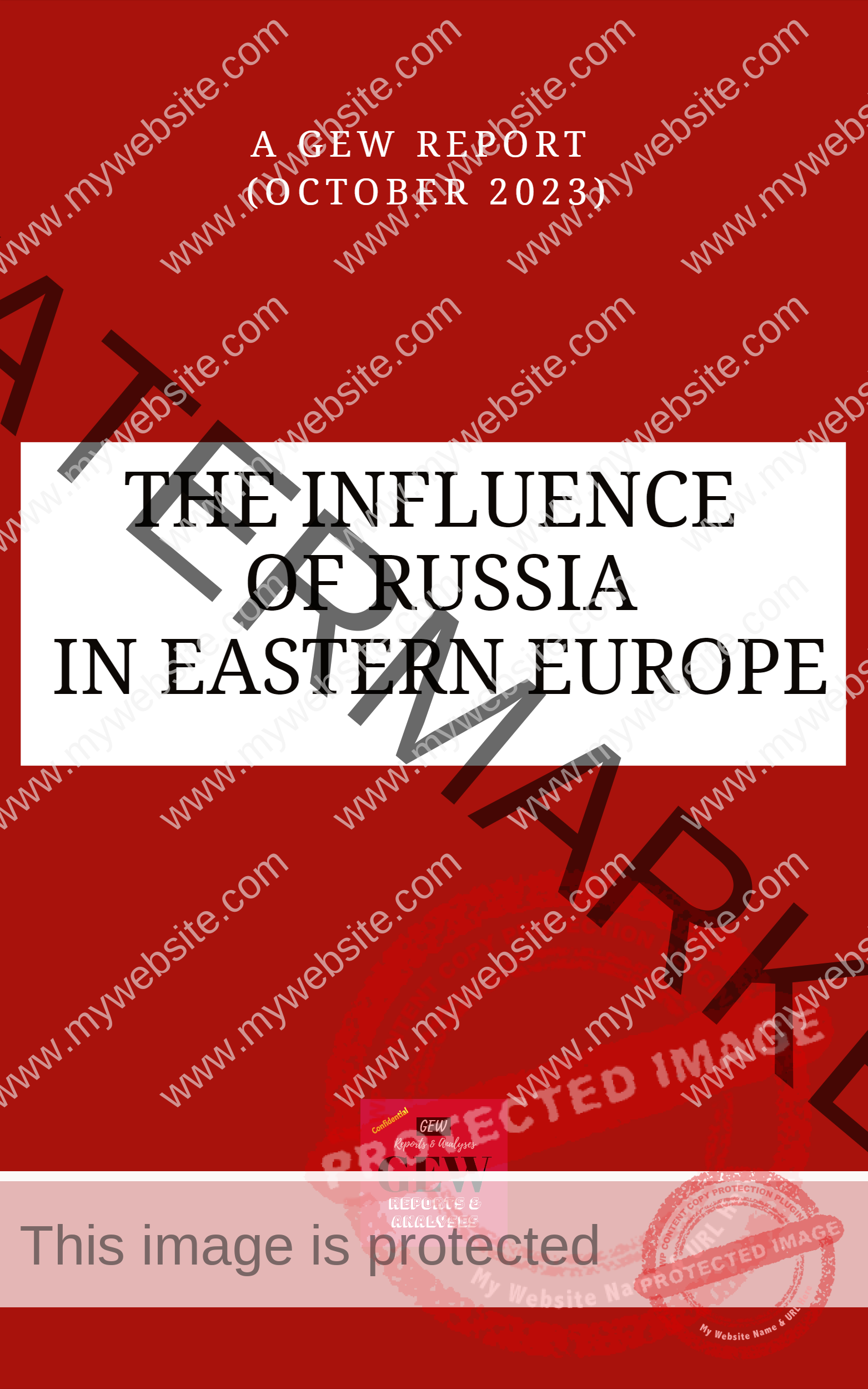GEW Assessment Report
Exploring the twists and turns of Tunisia\’s path from revolution to a potential return to autocracy. Learn about the challenges faced by the country and the implications for its democratic aspirations.
Summary of the Paper
When the Arab Spring swept across the Middle East and North Africa in 2011, Tunisia emerged as a beacon of hope for democracy. The Tunisian people bravely took to the streets, demanding freedom, justice, and the overthrow of long-time dictator Zine El Abidine Ben Ali. Their successful revolution became an inspiration to nations across the region. However, over a decade later, Tunisia finds itself grappling with a precarious path, as the revolutionary spirit wanes and the threat of a return to autocracy looms ominously.
The Aftermath of the Revolution
Economic Challenges and Social Discontent
- The Economic Toll:
- Lack of job opportunities led to frustration among the youth.
- Disparities between coastal and interior regions.
- Harsh economic conditions undermined the revolution\’s initial gains.
- Social Inequality and Corruption:
- Persistent corruption eroded trust in the government and institutions.
- Marginalized communities felt left behind, triggering social unrest.
- Distrust in political elites fueled disillusionment among the masses.
Political Instability and Fragmentation
- Multiple Transitional Governments:
- In the aftermath of the revolution, instability reigned.
- Successive governments struggled to steer the country towards stability.
- Lack of consensus undermined the implementation of crucial reforms.
- Ineffectiveness of the Assembly of the Representatives of the People (ARP):
- The main democratic institution faced frequent stalemates.
- Political polarization hindered critical decision-making.
- Public disillusionment grew towards elected representatives.
Security Concerns and Regional Turmoil
- Increased Terrorism Threats:
- The rise of extremist groups threatened Tunisia\’s security.
- Social unrest and economic woes provided fertile ground for recruitment.
- Government efforts to combat terrorism faced significant challenges.
- Regional Influences:
- Proxy conflicts in neighboring Libya and Syria spilled over into Tunisia.
- Instability in the region impacted Tunisia\’s push for democratic reforms.
- External actors exploited the country\’s vulnerabilities for their own gain.
The Danger of a Return to Autocracy
Eroding Democratic Principles
- Assault on Freedom of Expression:
- Increased restrictions on media and journalists.
- Suppression of dissenting voices stifled criticism of the government.
- Shrinking space for civil society to counterbalance the state\’s power.
- Undermining Judicial Independence:
- Attacks on the judiciary compromised the separation of powers.
- Political interference eroded public trust in the judiciary\’s impartiality.
- The erosion of checks and balances laid the groundwork for autocracy.
The Rise of Populist Leaders
- The Appeal of Strong Leadership:
- Dissatisfaction with the inefficiency and polarization of democratic institutions.
- Populist leaders exploit popular grievances and promise stability.
- Authoritarian tendencies threaten democratic ideals and human rights.
- Manipulation of National Identity:
- Nationalism and xenophobia stoke fear and division.
- Minorities and marginalized groups become targets of discrimination.
- Scapegoating distracts from underlying socioeconomic challenges.
International Response and Implications
- Global Diplomatic Conundrums:
- Balancing support for democratic aspirations with national interests.
- Struggles to find effective strategies to promote democracy abroad.
- The global implications of Tunisia\’s trajectory and its spillover effects.
- Impact on Neighboring Countries:
- A potential domino effect on other post-Arab Spring nations.
- The instability threatens regional security and stability.
- The importance of international cooperation to address the crisis.
Conclusion
Tunisia\’s journey from a derailed revolution to a potential return to autocracy serves as a cautionary tale for nascent democracies worldwide. The economic challenges, political instability, and security threats faced by Tunisia underline the difficulties in achieving and transforming revolutionary momentum into lasting democratic reforms. The erosion of democratic principles and the rise of populist leaders further complicate the aspirations for freedom and justice.
The fate of Tunisia has significant global implications, calling for international support to safeguard the democratic ideals that sparked the Arab Spring. As societies grapple with the complex interplay between freedom and stability, it is crucial to recognize the multifaceted nature of such struggles and work towards fostering inclusive governance, social cohesion, and economic development. Only through concerted efforts can Tunisia and countries facing similar challenges navigate the treacherous path and ensure the preservation of hard-fought democratic gains.
[real3dflipbook pdf=\”http://g-ew.com/wp-content/uploads/2024/02/Tunisia-Derailed-Revolution-and-Return-to-Autocracy.pdf\” mode=\”normal\”]


